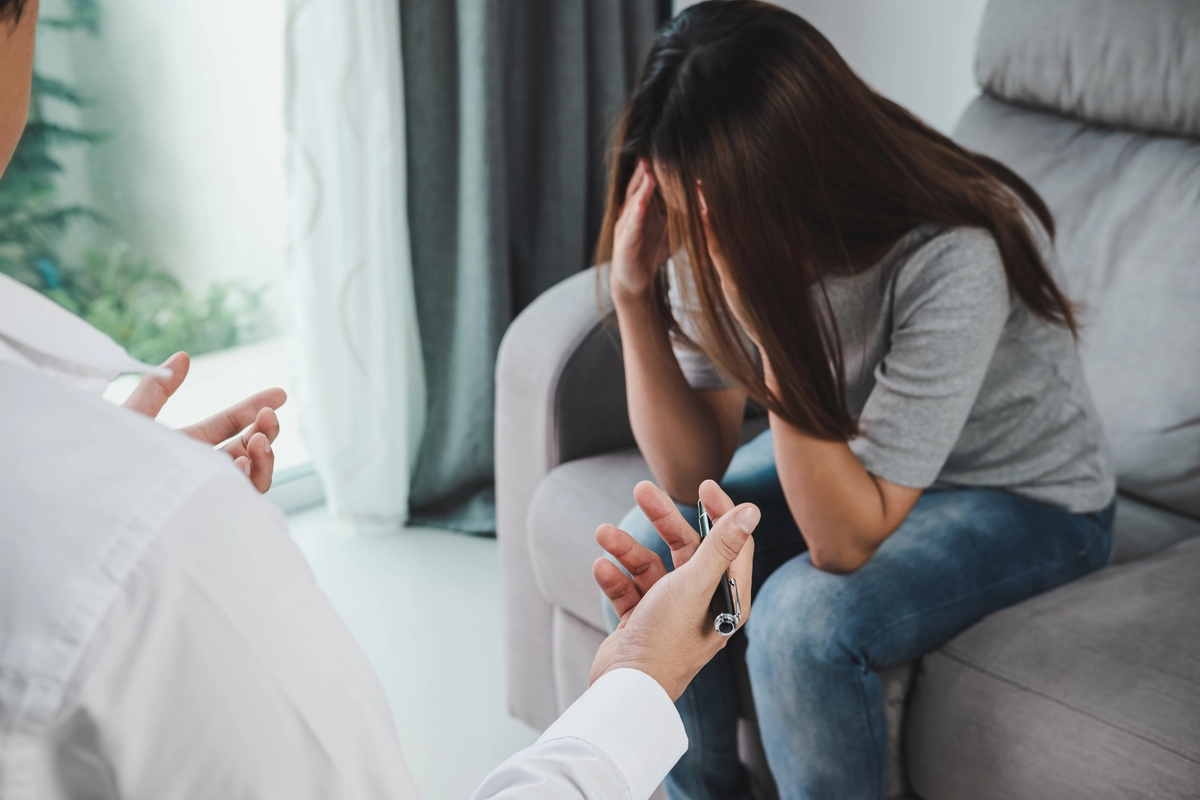24/7 Helpline:
(866) 899-221924/7 Helpline:
(866) 899-2219
Learn more about PTSD Treatment centers in Vernonia
PTSD Treatment in Other Cities

Other Insurance Options

Health Net

Amerigroup

MHNNet Behavioral Health

Medical Mutual of Ohio

Anthem

Self-pay options

Aetna

Health Choice

WellCare Health Plans

Oxford

Highmark

State Farm

Access to Recovery (ATR) Voucher

Premera

Sliding scale payment assistance

Ambetter

Regence

AllWell

American Behavioral

Molina Healthcare





















Columbia Community Mental Health
Columbia Community Mental Health provides behavioral health services in an outpatient setting for ch...

